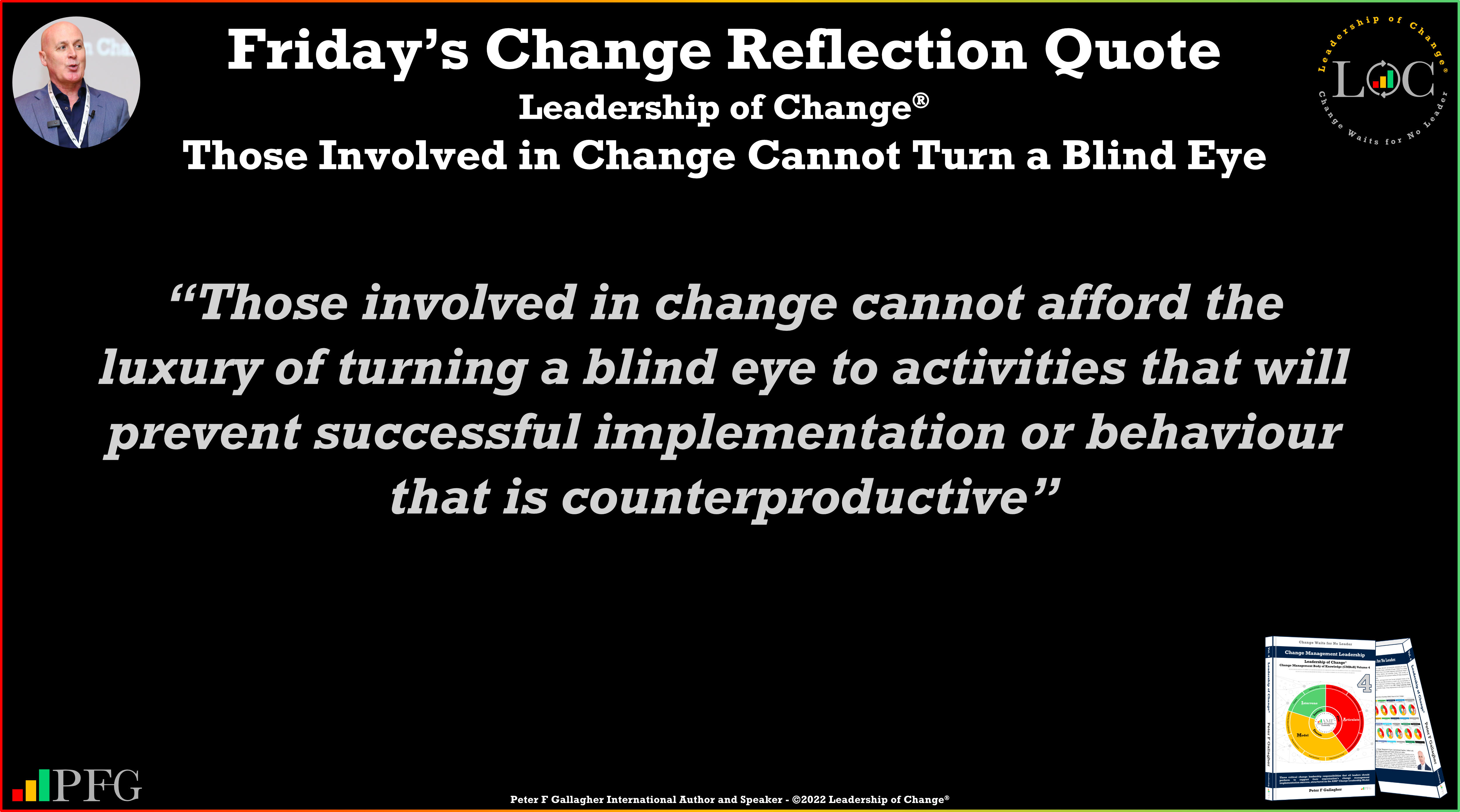Dec02

Happy Friday!
On this day, December 2, 2001, the Enron Corporation filed for Chapter 11 bankruptcy protection in a New York court, sparking one of the largest corporate scandals in U.S. history. Enron was an energy-trading company based in Houston, Texas, and was formed in 1985 as a result of the merger of two gas companies, Houston Natural Gas and InterNorth. Enron rose as high as number seven on Fortune magazine’s list of the top 500 U.S. companies. In 2000, they employed 21,000 people and posted revenues of $111 billion. Unfortunately, over the next year, Enron’s stock price dropped dramatically from $90.75 in August 2000 to $0.26 by the time it closed on November 30, 2001. Enron's CEOs ended up in court, charged with fraud and insider trading. Thousands of employees lost their pensions in the fallout.
You have to ask yourself how many people knew things were not right and turned a blind eye? The expression ‘turning a blind eye’ supposedly comes from the siege of Copenhagen (1801), in which Lord Horatio Nelson was second in command of the English fleet. He was ordered to withdraw, but he lifted his telescope up to his blind eye, saying, “I have a right to be blind sometimes. I really do not see the signal.” Those Involved in Change Cannot Turn a Blind Eye.
“Those involved in change cannot afford the luxury of turning a blind eye to activities that will prevent successful implementation or behaviour that is counterproductive”
Turning a blind happens every day in work, when leaders of an organisation know that one of their own is a narcissist, but they fail to intervene. Staff will feel like they will not be supported if they raise a complaint and so they suffer in silence. Even when staff experience a fellow team member in distress, they turn a blind eye and are happy it is not them. Worse still, some staff will see an opportunity to suck up to the bully because they see potential benefits. Unfortunately, those truly involved in change cannot have the luxury of turning a blind eye to activities that will prevent successful change implementation, or behaviour that is counterproductive. The only thing necessary for organisational change to fail are leaders and managers who do not intervene to reinforce change.
Have a fantastic weekend with the ones you love and care for, enjoy some fresh air, exercise, eat drink and be happy.
Further Reading: Change Management Leadership: Leadership of Change Volume 4
Peter consults, speaks, and writes on the Leadership of Change®. He advises CEOs on how to prepare and align their corporate leadership teams to successfully lead their organisation's change.
For further reading please visit our websites: https://www.a2b.consulting https://www.peterfgallagher.com Amazon.com: Peter F Gallagher: Books, Biography, Blog, Audiobooks, Kindle
Leadership of Change® Body of Knowledge Volumes: Change Management Body of Knowledge (CMBoK) Books: Volumes 1, 2, 3, 4, 5, 6, 7, A, B, & C available on both Amazon and Google Play:
~ Leadership of Change® Volume 1 - Change Management Fables
~ Leadership of Change® Volume 2 - Change Management Pocket Guide
~ Leadership of Change® Volume 3 - Change Management Handbook
~ Leadership of Change® Volume 4 - Change Management Leadership
~ Leadership of Change® Volume 5 - Change Management Adoption
~ Leadership of Change® Volume 6 - Change Management Behaviour
~ Leadership of Change® Volume 7 - Change Management Sponsorship
~ Leadership of Change® Volume A - Change Management Gamification - Leadership
~ Leadership of Change® Volume B - Change Management Gamification - Adoption
Coming soon:
~ Leadership of Change® Volume C - Change Management Gamification - Behaviour
~ Leadership of Change® Volume D - Change Management Gamification - Sponsorship
~ Leadership of Change® Volume E - Change Management Gamification - Leadership Teams
Keywords: Business Strategy, Change Management
 Lateral Moves: The Most Overlooked Succession Strategy in Companies
Lateral Moves: The Most Overlooked Succession Strategy in Companies The Asset Play: Timing, Structure & Global Arbitrage
The Asset Play: Timing, Structure & Global Arbitrage  The Orchestra Needs a Conductor: Why Multi-Model Agents Require H2E Governance
The Orchestra Needs a Conductor: Why Multi-Model Agents Require H2E Governance The Role of Memory in Modern-day Business
The Role of Memory in Modern-day Business The Architectures of Permanence: A Comparative Analysis of the "Big Three" AI Strategies (2026)
The Architectures of Permanence: A Comparative Analysis of the "Big Three" AI Strategies (2026)